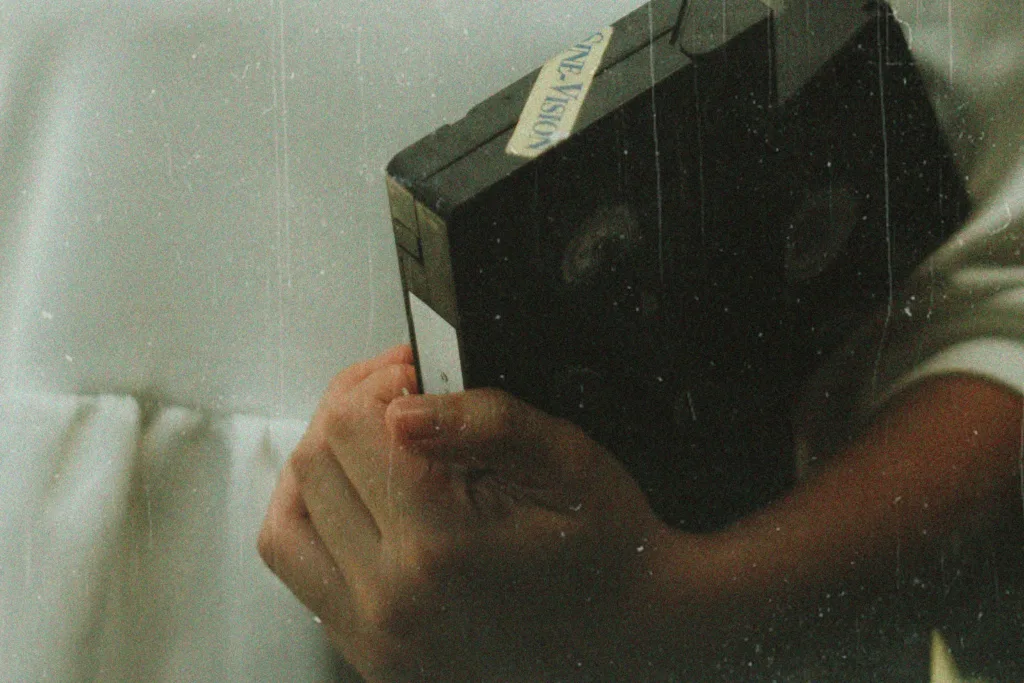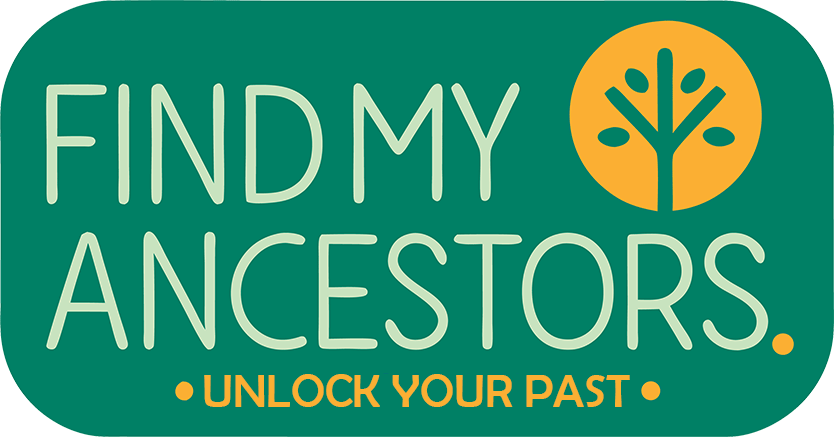One of the easiest and most meaningful ways to start your family history journey is to simply have a conversation. Talking to a parent, grandparent, or older relative can uncover details that no record or document ever will – stories, memories, and insights that bring your ancestors to life.
But what should you ask? How do you start? And what if the person doesn’t remember much?
This guide will walk you through how to plan and carry out your first family history interview. You don’t need fancy equipment or a list of complicated questions, just curiosity, kindness, and the willingness to listen.

Why interviews matter in family history
As researchers, we often dive straight into records, birth dates, marriage certificates, censuses, but those documents rarely tell us about the person behind the facts. That’s where interviews come in.
A family history interview can help you:
- Fill in missing details like maiden names or middle names
- Learn about traditions, values, or turning points in the family story
- Understand timelines and relationships
- Gather context for photographs or heirlooms
- Capture someone’s voice and personality for future generations
And perhaps most importantly, it can strengthen your connection with a loved one in the present.
How to prepare for a family history interview
You don’t need to over-plan, but a little preparation helps. Here are some simple tips to set yourself up for a good conversation:
- Pick the right person: Choose someone who enjoys chatting or has lived through interesting times
- Give them a heads-up: Let them know what the conversation is about so they can think ahead
- Choose a quiet, relaxed setting: A kitchen table or living room works well. If in-person isn’t possible, a phone or video call works too
- Bring prompts: Photos, documents, or keepsakes can jog memories and get the conversation flowing
- Ask for permission: If you plan to record the conversation, always ask first
Questions to get the conversation started
The best interviews feel like a natural chat, not a formal list. Start with simple, open-ended questions and follow the flow of the conversation. Here are some good topics to get you started.
Childhood and home life:
- What was your earliest memory?
- What was your childhood home like?
- Who lived with you growing up?
- What kind of games did you play?
School and work:
- Where did you go to school?
- Did you have a favourite teacher?
- What was your first job?
- How did you choose your career?
Family and relationships:
- What were your parents like?
- How did you meet your partner?
- Can you tell me about your wedding day?
- What were your siblings like?
Traditions and daily life:
- What did your family do at Christmas or birthdays?
- Did your family have any special sayings or habits?
- What was a typical day like for you as a teenager?
Historical events:
- Do you remember any big news stories or world events?
- How did they affect you or your family?
Always ask follow-up questions like “What happened next?” or “How did that make you feel?”—they help deepen the story.
Tips for a great interview
- Be patient: Don’t rush the person or pressure them to remember things
- Don’t interrupt: Let them finish their thoughts, even if they go off track
- Take notes or record: Use a notebook, your phone, or a voice app to capture the conversation
- Be respectful: Some topics may be emotional or private. Let your relative guide what they’re happy to share
- Express thanks: A follow-up note or phone call to say thank you goes a long way
You don’t need to cover everything in one go. In fact, shorter, more frequent chats can often feel more relaxed and productive.
What to do with what you’ve learned
Once the interview is done, make sure to:
- Label and store any recordings so you know who, when, and where
- Write up or summarise what you’ve learned while it’s fresh in your mind
- Use the details to search for records, confirm facts, or add colour to your tree
- Share the story with other family members—you might even inspire someone else to get involved
Interviews aren’t just a research tool, they’re a way to preserve living memory and connect generations. The voice you record today could be the treasure someone else finds tomorrow.
